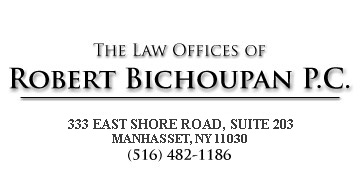|
Are You a Tenant in NYS?
March 24, 2020
Are you a Tenant in New York? If Yes, here is What You Need to Know About the Housing Security and Tenant Protection Act of 2019 On June 14, 2019, the New York Housing Stability and Tenant Protection Act of 2019 (HSTPA) became law. HSTPA has strengthened many protections for tenants while also increasing landlords’ obligations. Tenants may now hold landlords to the higher standards to which they are obligated to under New York State law. When Must Tenants Receive Written Notices from Landlords? As a tenant, your landlord must give you a written notice if they would like to raise your rent or if they decide they do not want to renew your lease. If you are a month-to-month tenant, the amount of notice you are required to receive for rent raises, non-renewals, and even evictions, are now based upon how long you have lived at the property. Also, if your rent is 5 days late or more, it is your landlord’s responsibility to send you a reminder that your rent is late, by certified mail. In addition, before starting an action, landlords must give tenants a 14-day rent demand notice, instead of the previous 3-day rent demand notice. Adjournments Tenants are given first-time adjournments of at least 14 days. A court can no longer require a tenant to make a rent deposit until the tenant has been given 2 adjournments or on the 60th day after the first court date has arrived. What your Landlord Can’t Do It is illegal for your landlord to self-help without your permission or a court order. For example, your landlord can not change the locks to the property without you knowing or giving them your permission. Your landlord is also no longer permitted to ask for more than one-month’s rent as a security deposit, nor is your landlord allowed to include a pet fee as an extra security deposit. The New Sheriffs Rule Previously, Sheriffs used the 72-Hour Rule before performing an eviction. Now, Sheriffs must give tenants a 14-day notice before performing an eviction.
Prior results do not guarantee a similar outcome. All information posted is general advice only, based upon the rules of NYS, and is not intended to be a substitute for personal legal advice. Although information provided here was accurate as of the date of posting, laws change frequently and rules in other jurisdictions may differ. Therefore, readers should not rely upon these postings but should consult an attorney to discuss their specific factual situation.
|





